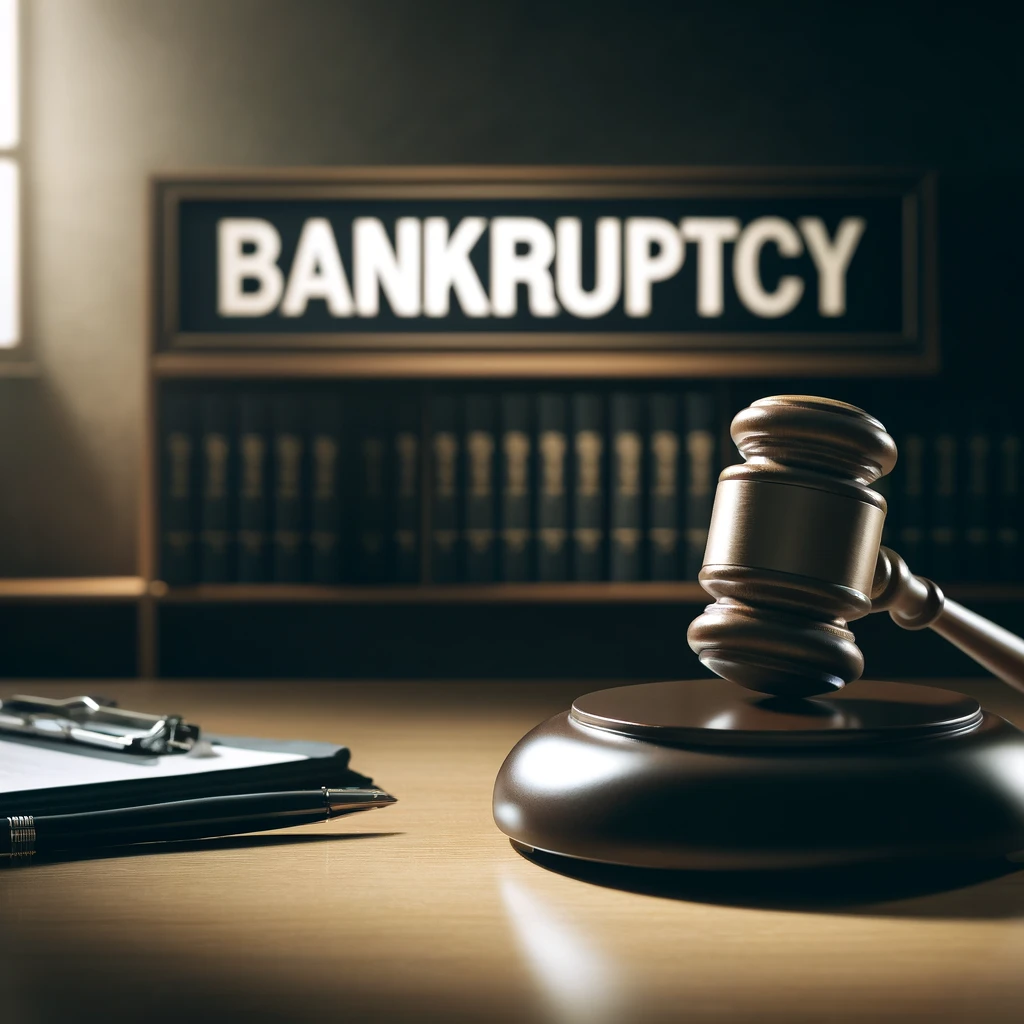Experiencing Issues Post-Bankruptcy?
In recent months, we have noticed an increasing level of correspondence being issued to people who have been made bankrupt and who are still in the 12-month period of bankruptcy by the Official Assignee (‘OA’).
The correspondence issued recently on behalf of the OA deals primarily with circumstances where:-
- The Official Assignee is seeking to access your pension benefits
- The Official Assignee is applying to Court to sell your Family Home
- The Official Assignee is applying to Court prevent your discharge from bankruptcy and thus to extend the twelve-month bankruptcy period.
The OA is an Officer of the Court who administers the estate of someone who has been made bankrupt.
As a bankrupt, your property is automatically transferred to the OA on the date of your bankruptcy with a small number of exceptions.
It is important to note that a bankrupt has duties by law to “give every reasonable assistance to the Official Assignee” in the performing of that function.
Non co-operation with the OA is an offence that can lead to fines, imprisonment, or both.
OA Seeking to Access Your Pension Benefits
This development is causing significant confusion and distress with many feeling pressured to accede to the OA’s requests without a review and consideration of the individual facts of each case.
At Anthony Joyce & Company, we have extensive experience in bankruptcy and the laws governing this niche area. We are currently representing several clients who have received correspondence concerning their pensions and are reviewing each case carefully to assess whether an entitlement arises on behalf of the OA and if so, to what extent.
The central question to consider is whether the Official Assignee is actually entitled to access a your pension post-bankruptcy. Section 44A of the Bankruptcy Act 1988 permits the OA to select options that may be available to you as a bankrupt with regard to a pension benefit arising within five years from the date you were adjudicated bankrupt. If a benefit becomes accessible to you within five years of your bankruptcy, the OA can choose to mature these benefits and distribute them among the creditors in your bankruptcy estate.
However, the circumstances where an OA is permitted to access your pension are limited and must comply with the Revenue Rules and the statutory parameters in place which assist in protecting a bankrupt’s pension. These include but are not limited to certain provisions of the Taxes Consolidation Act 1997. It is therefore important to be aware that there are certain circumstances in which the Official Assignee is not entitled to your pension benefits post-bankruptcy.
A bankrupt has obligations to provide relevant documentation upon request and to assist the OA in assessing your case. However, it is also essential that you carry out or instruct a legal advisor to carry out your own detailed analysis of the individual facts together with the position in law and if appropriate put forward an argument asserting your rightful entitlement to retain your pension.
If you have been through the bankruptcy process and have a pension fund that you require assistance with, feel free to contact a member of our bankruptcy team for a free consultation where we can provide tailored advice to ensure that you get the expertise and support you need during this difficult time.
OA Applying to Court to Sell Your Family Home
Section 61(4) of Bankruptcy Act 1988 (as amended) deals with the Official Assignee’s (‘OA’) interest in a bankrupts Family Home. The Act provides that before any attempt by the OA to sell the Family Home for the benefit of your creditors, the High Court must sanction a sale. This application must be made by the OA within three years of the date of adjudication. Any sale of the Family Home made without prior sanction of the Court will be deemed void.
When deciding whether to sanction the sale of a Family Home, the Court shall have regard to the interests of the creditors and of the spouse and dependents of the bankrupt as well as to all the circumstances of the case. The Court also has the power to order postponement of the sale of the family home if it sees fit.
If the family home is in negative equity, which means that the market value of the property is less than the charges secured on the property, there may be no benefit to the Bankruptcy estate and the OA may not take interest in selling the property. If the family home is jointly owned by the spouse of a bankrupt, this may complicate any potential sale. This complication arises primarily in circumstances where the ‘innocent spouse’ is not a bankrupt themselves nor are they party to the debts which led to bankruptcy.
It is extremely important to consult with a qualified legal professionals who are experienced in handling bankruptcies and the laws governing the area.
OA Preventing Your Discharge from Bankruptcy
Section 85A of the Bankruptcy Act 1988 (as amended) deals with the Official Assignee’s (‘OA’) right to apply to the Court for an order preventing your discharge from bankruptcy, extending the twelve-month bankruptcy period in certain circumstances. The reasons for a proposed extension include but are not limited to:
- Failure to disclose assets in your bankruptcy
- Non-co-operation with the Official Assignee in realisation of assets
In serious cases, the Court has the power to extend a person’s bankruptcy for up to 15 years from the date of adjudication if the Court sees fit. If you find yourself in this situation, it is important to seek legal advice and guidance on how to defend an application of this nature.
We have assisted a number of bankrupts who have been served with proceedings whereby the OA is applying to Court to extend their bankruptcy. There are a number of solutions available to you in these circumstances.
If you have been through the bankruptcy process and have been served with an application to prevent your discharge from bankruptcy, feel free to contact a member of our bankruptcy team for a free consultation. We can provide tailored advice to ensure that you get the expertise and support you need during this difficult time.
To learn more about our services please visit our website: Bankruptcy-Services




